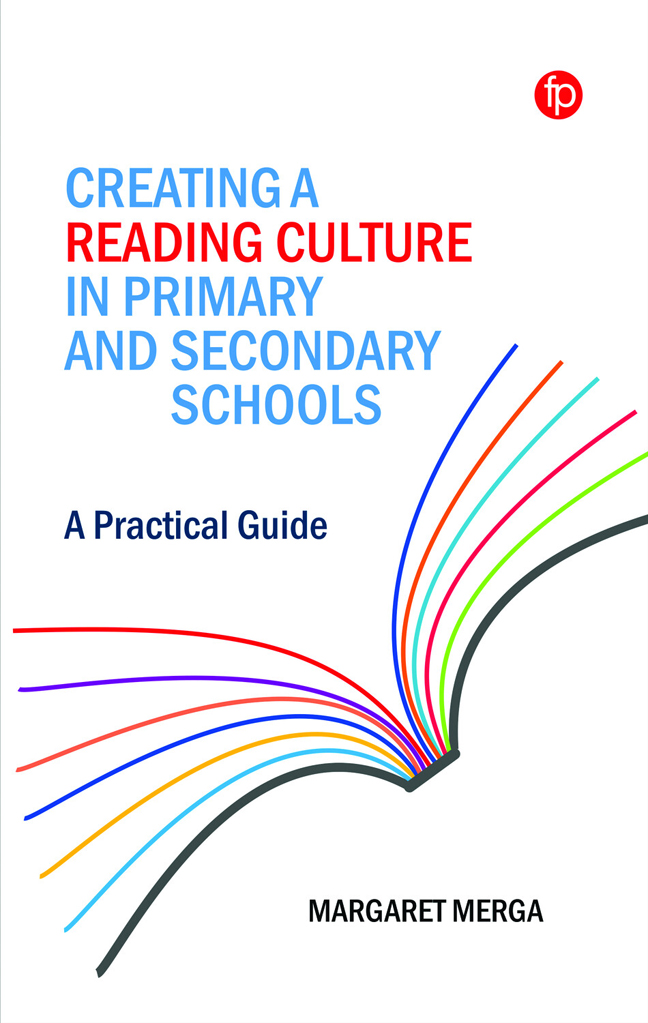Book contents
- Frontmatter
- Contents
- Figures and Tables
- About the Author
- Acknowledgements
- Abbreviations
- Introduction
- 1 Why a Whole School Reading Culture?
- 2 Research-Supported Practices to Choose From
- 3 Stakeholder Engagement and Resourcing
- 4 Implementation Planning and Change Management
- 5 Evaluation
- 6 Reporting
- Conclusions
- References
- Index
2 - Research-Supported Practices to Choose From
Published online by Cambridge University Press: 20 December 2023
- Frontmatter
- Contents
- Figures and Tables
- About the Author
- Acknowledgements
- Abbreviations
- Introduction
- 1 Why a Whole School Reading Culture?
- 2 Research-Supported Practices to Choose From
- 3 Stakeholder Engagement and Resourcing
- 4 Implementation Planning and Change Management
- 5 Evaluation
- 6 Reporting
- Conclusions
- References
- Index
Summary
As I explore in this chapter, there is a wealth of research exploring the benefits of a range of socially and environmentally mediated practices designed to build reading engagement and a reading culture in a school. Simply, reading engagement cannot continue to be ignored as a crucial support for enhancing students’ literacy performance. We need to foster whole school reading cultures that seek to improve students’ attitudes towards and frequency of engagement in literacy-supportive practices such as reading, and do this alongside the explicit literacy skills instruction that ideally should be occurring across subject areas (e.g. Merga, 2023b).
As previously noted, young people who believe that reading remains important beyond learning to read are nearly twice as likely to read daily than those who did not share this view (Merga & Mat Roni, 2018a), and we cannot take for granted that students understand the importance of an ongoing commitment to reading. A survey of Australian children aged 6–17 found that only 58% of children understood that reading books for fun is highly important, and children's views on the importance of reading may decline dramatically by age (Scholastic, 2016a).
But how can we effectively encourage students to enjoy and value reading according to the research? What are evidence-supported practices when it comes to building reading engagement?
I explore research-supported practices that can feature in a whole school reading culture here, drawing on key research findings, and making reference to current research that has been released since my earlier book in this space (e.g. as reported in Merga, 2018a). While there are some good auditing tools that have been created around fostering a whole school reading culture (e.g. National Library of New Zealand, n.d.-a; n.d.-c), the links to the extant research in such tools can often be cursory, so reading this chapter will equip you to make a strong argument to support the implementation of any of the strategies detailed herein.
Opportunities for regular silent reading for pleasure
If we want young people to be readers, we need to provide opportunities for them to read. With research ‘linking volume of reading to reading achievement and oral reading fluency’, it is surprising that this educational practice is peripheral in many contemporary schools (Allington, 2014, p. 22).
- Type
- Chapter
- Information
- Creating a Reading Culture in Primary and Secondary SchoolsA Practical Guide, pp. 25 - 72Publisher: FacetPrint publication year: 2023



